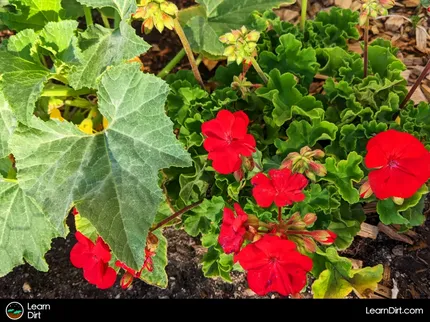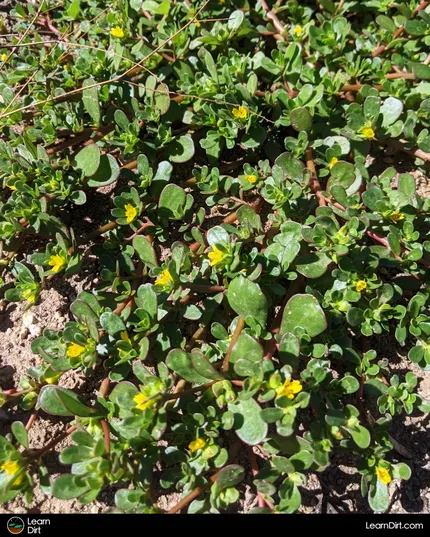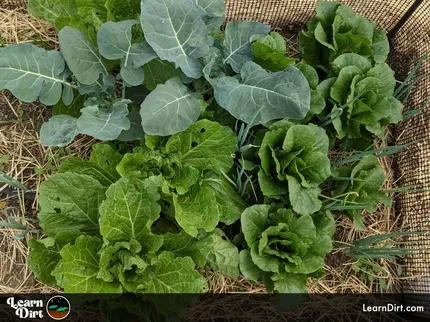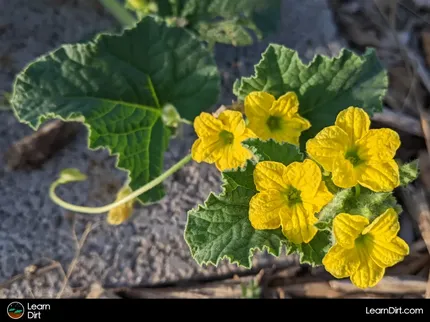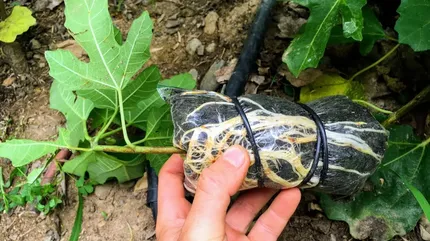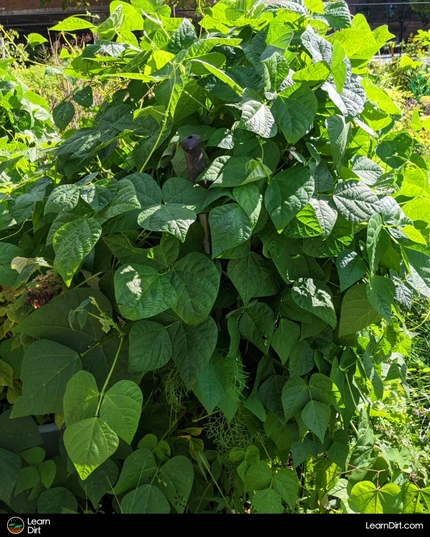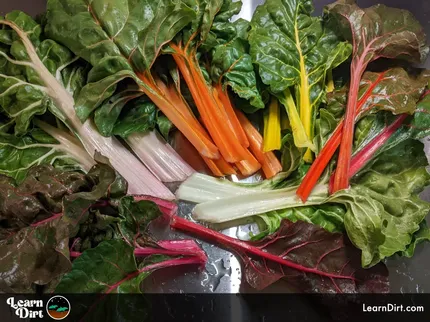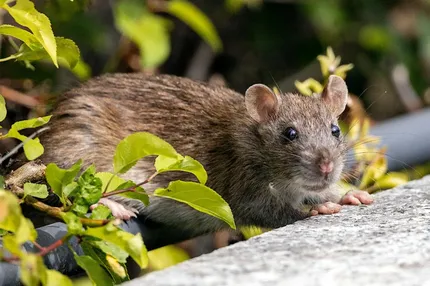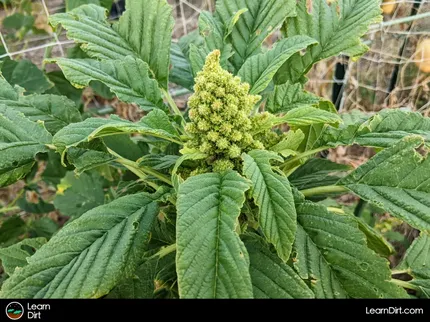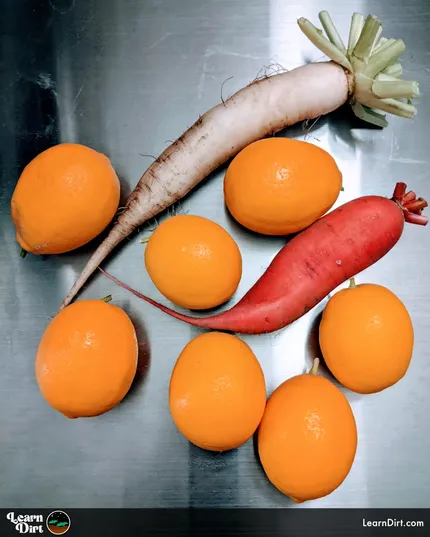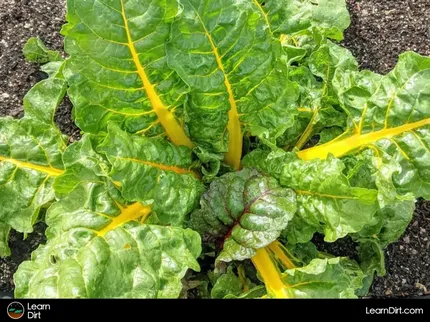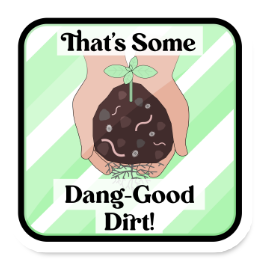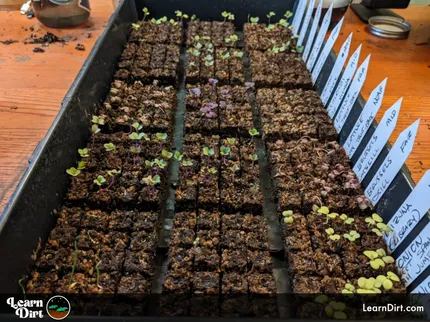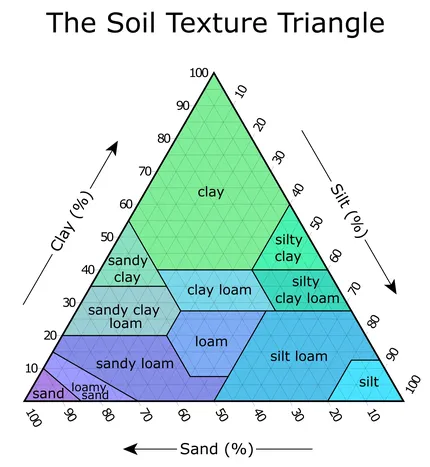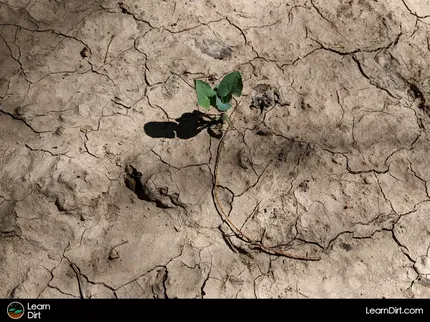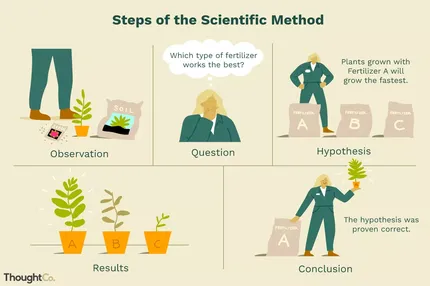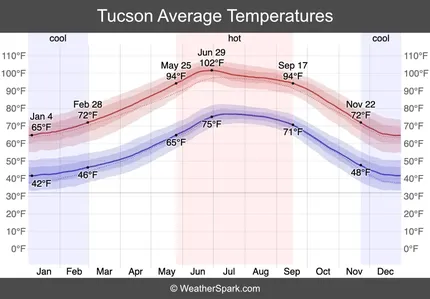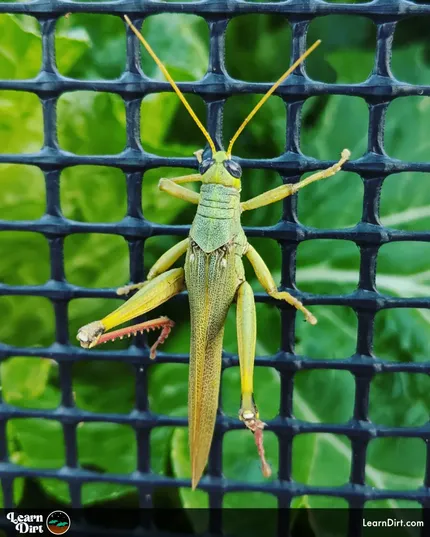Table of Contents
* Our articles never contain AI-generated slop *
February in the Tucson garden continues the harvesting and planting of cool season root crops and leafy greens.
It's not yet time to start the spring indoor seedlings, rather to keep doing what's working and don't stop harvesting and preserving the abundance.
Last frost could come as early as February 2nd, though it's not very likely. You'll probably want to wait until at least March to begin sowing warm season crops outdoors and risking it.
Disclaimer: This post may contain affiliate links. Refer to the privacy policy for more information.
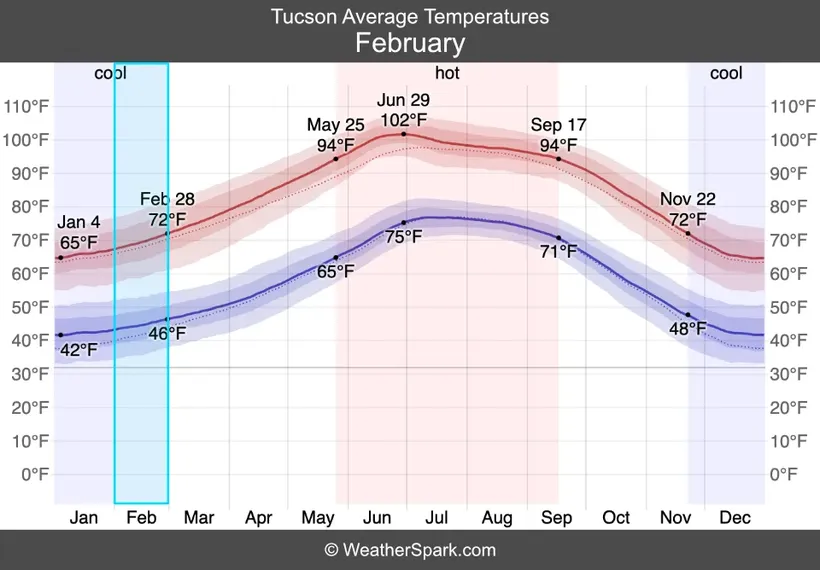
Overnight average lows rise from 43F to 47F during February.
The cool season is a long marathon to keep up with all the leaves, roots, and peas, so try not to get burned out. You can keep harvesting most cool season crops through April in Tucson.
Hotter parts of the Sonoran outside zone 9a will stop producing earlier.
You may start seeing a few aphids in February as temperatures warm up. This is just a sign that your plants are struggling a little to adjust to the increased heat, and the aphids are taking advantage.
Focus on soil-building to improve plant health and they should be able to fight off the aphids themselves for another couple months.
Healthy plants produce plenty of chemotoxins to make them taste pretty gross to pests, but unhealthy plants will struggle bigly with the heat and bugs.
I see aphids as an indicator of plant health, not a foe worth wasting time on.
Join The Grower's Community
Looking for a place to meet growers,
ask questions, share knowledge, be heard,
and feel like you belong? 🌱
Check It Out!
Soil health and prepping to start warm season seedlings indoors are my focus in February.
Planting
Cover Crops & Forage
I always like to stress the importance of cover crops in regenerative agriculture.
Cover crops are crucial for soil-building, so I list them here first and always consider my cover crops for each season before thinking about main crops.
1st Half of February
BROADCAST OUTDOORS:
Crimson Clover, Forage Radish, Hairy Vetch, Lentil, Oats, Oilseed Radish, Red Clover, Rye, Tillage Radish, Yellow Sweetclover, Wheat, White Sweetclover
DIRECT SOW / DRILL OUTDOORS:
Chickpea, Fava Bean, Lentil
2nd Half of February
BROADCAST OUTDOORS:
Crimson Clover, Forage Radish, Hairy Vetch, Oats, Oilseed Radish, Red Clover, Rye, Tillage Radish, Yellow Sweetclover, Wheat, White Sweetclover
DIRECT SOW / DRILL OUTDOORS:
Herbs
1st Half of February
SOW INDOORS:
Basil, Catnip, Chives, Epazote, Lemon Balm, Lemongrass, Mint, Roselle Hibiscus, Sage, Terragon, Thai Basil
HARDEN OFF & TRANSPLANT OUT:
Caraway, Chives, Cilantro, Dill, Fennel, Lemon Balm, Marjoram, Mint, Oregano, Parsley, Sage, Tarragon, Thyme
2nd Half of February
SOW INDOORS:
Basil, Catnip, Chives, Epazote, Lemon Balm, Lemongrass, Mint, Roselle Hibiscus, Sage, Terragon, Thai Basil
HARDEN OFF & TRANSPLANT OUT:
Caraway, Chives, Cilantro, Dill, Lemon Balm, Marjoram, Mint, Oregano, Parsley, Sage, Tarragon, Thyme
Fruits & Vegetables
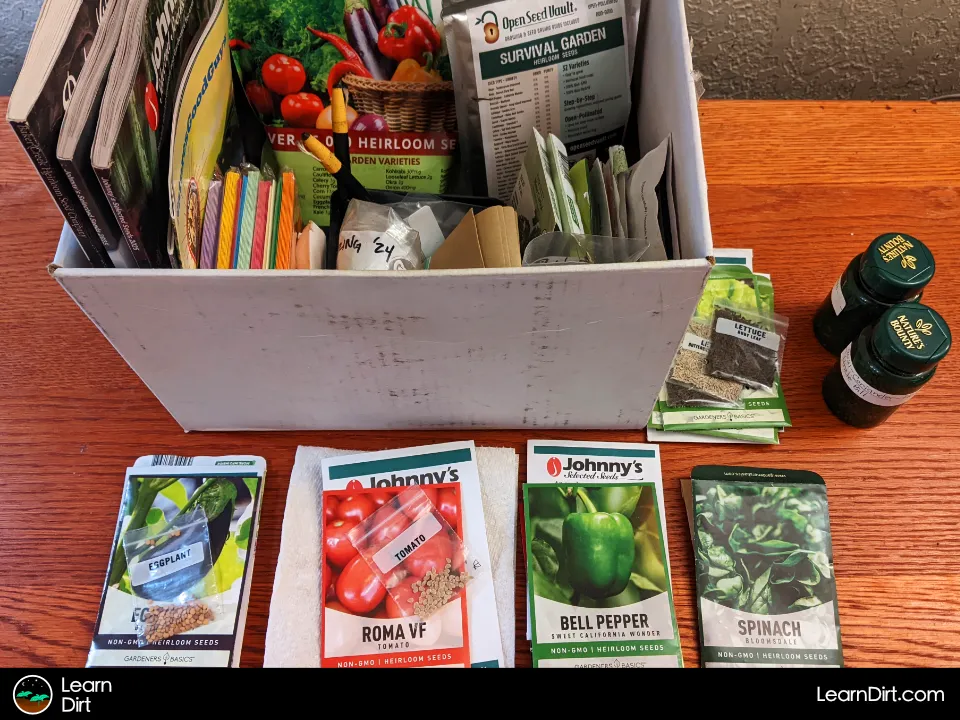
1st Half of February
SOW INDOORS:
Cannabis, Chili Pepper, Eggplant, Endive, Escarole, Lettuce, Mizuna, Spinach, Sweet Pepper, Tomatillo, Tomato, Roselle Hibiscus
DIRECT SOW OUTDOORS:
Artichoke, Cardoon, Endive, Escarole, Fava Bean, Beet, Carrot, Chickpea, Collard, Lentil, Lettuce, Mâche (Cornsalad), Mizuna, Potato, Radish, Spinach, Swiss Chard, Turnip
HARDEN OFF & TRANSPLANT OUT:
Artichoke, Cardoon, Collard, Chickpea, Endive, Escarole, Fava Bean, Kale, Kohlrabi, Lettuce, Mâche (Cornsalad), Mizuna, Spinach, Swiss Chard
2nd Half of February
SOW INDOORS:
Amaranth, Basil, Cannabis, Chili Pepper, Cucumber, Eggplant, Jerusalem Artichoke (Seed), Okra, Roselle Hibiscus, Sweet Pepper, Tomatillo, Tomato
DIRECT SOW OUTDOORS:
Artichoke, Endive, Escarole, Beet, Cardoon, Carrot, Jerusalem Artichoke (Tuber), Lettuce, Mâche (Cornsalad), Mizuna, Potato, Radish, Spinach, Swiss Chard, Turnip
HARDEN OFF & TRANSPLANT OUT:
Artichoke, Cardoon, Endive, Escarole, Lettuce, Mâche (Cornsalad), Mizuna, Spinach, Swiss Chard
Grains, Seeds, & Cereals
1st Half of February
BROADCAST OUTDOORS:
Quinoa
2nd Half of February
BROADCAST OUTDOORS:
Quinoa
Flowers
1st Half of February
BROADCAST OUTDOORS:
2nd Half of February
BROADCAST OUTDOORS:
Harvesting
Produce
1st Half of February
Beets, Boccoli Raab, Broccoli, Broccolini, Cabbage, Carrots, Cauliflower, Celeriac, Celery, Cilantro, Kale, Kohlrabi,Lettuce, Lovage, Mustard, Parsley, Peas, Radish, Romanesco, Rutabaga, Spinach, Swiss Chard, Turnip
2nd Half of February
Beets, Boccoli Raab, Broccoli, Broccolini, Cabbage, Carrots, Cauliflower, Celeriac, Celery, Cilantro, Kale, Kohlrabi,Lettuce, Lovage, Mustard, Parsley, Peas, Radish, Romanesco, Rutabaga, Spinach, Swiss Chard, Turnip
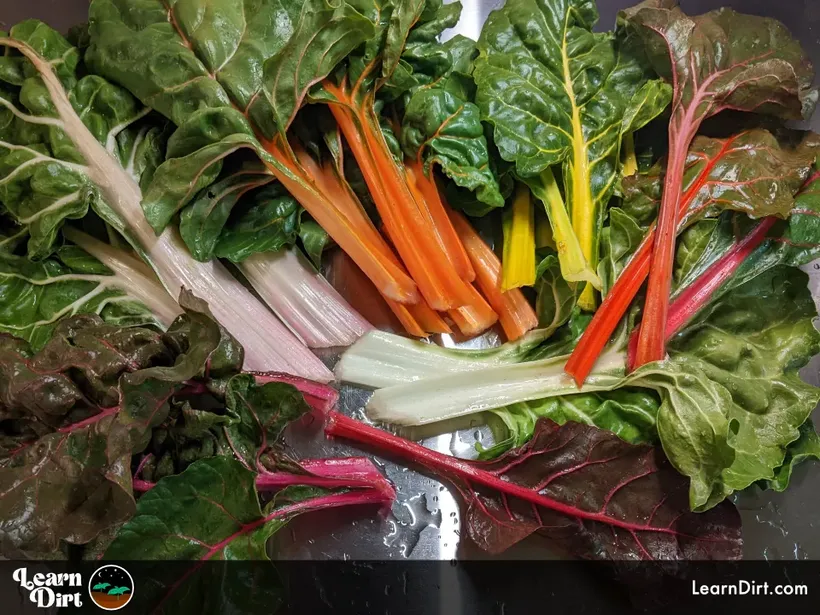
Great winter harvest should continue for another couple months - production may even increase as the desert warms.
Seed Saving
1st Half of February
2nd Half of February
Cut Flowers
1st Half of February
2nd Half of February
Weeding
Weeds to Pull
Grasses
Various grasses are also a problem, such as bermuda, needle grama, and goosegrass. I highly recommend staying ahead on weeding grass from the garden unless you plan to smother it.
Mulch, hay, cardboard, tarps, or dense cover crops all work well to smother our grasses if they do overtake an area of your garden.
Weedy grasses are wily, and I find February to be one of the few months of the year where it really pays to be diligent in weeding.
I barely pull a thing in the second half of the year (Jul - Dec), but the grasses in the first half of the year (Jan - Jun) can really get ahead of you and cause you big problems if you don't keep up.
I knew I messed up with my grass weeding when gardeners started complementing how nice of a lawn I had growing in my garden plots 😭
Don't make my mistake, keep up with the early season grass!
Spiny Sowthistle
Spiny sowthistle is still a prickly annoyance in February. Grab a pair of leather gloves and a weeder to pull this, or let it hang around and flower for the pollinators if it's out of the way.
More Tucson Planting Calendars
Know some plants I missed for Tucson in February? We'd love to hear from you over on the forum!
That's all for now, thanks for reading!
If you have any questions, comments, or would like to connect with fellow gardeners, head on over to the forum and post there.

